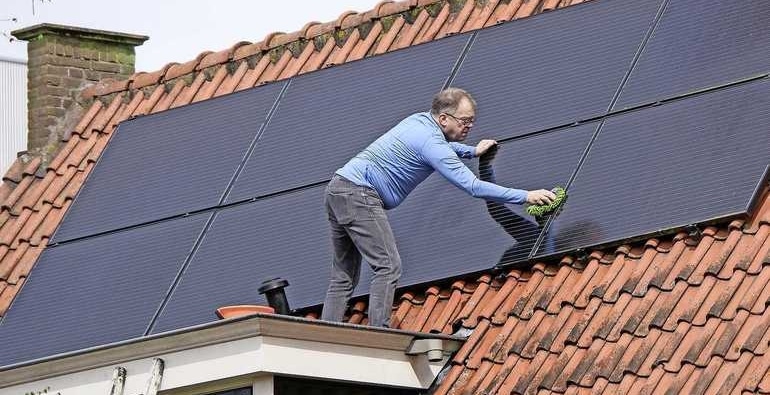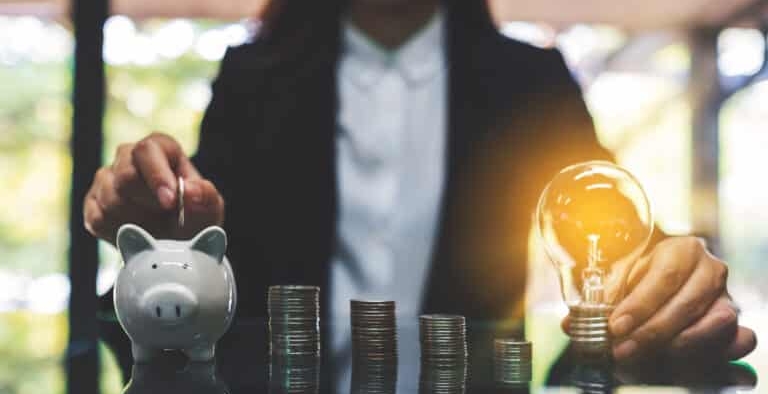Turmoil over feed-in tariffs.
A debate is underway in the Lower House now that Eneco very recently announced it would pass on feed-in costs to customers. For example, NSC MP Wytske Postma feels “that paying for the return of electricity is unfair and feels like a punishment. The VVD wants the “wild west of feed-in charges” to be tackled, according to De Telegraaf.

Stop this.
After Eneco took the step to pass on the extra costs that households with solar panels incur when they feed back, Vattenfall and Essent have indicated that they will follow the same course. They are still considering ‘a fair distribution of the costs’. Member of Parliament Postma believes that ‘it would be good if outgoing minister Rob Jetten and the supervisory authority Netherlands Authority for Consumers and Markets (ACM) quickly come up with a proposal to stop this’.
Feed-in costs not prohibited.
Research by ACM shows that energy suppliers are free under current legislation to determine their rates as long as these are not unreasonable, given the underlying costs. Households with solar panels cause higher costs for energy suppliers than households without solar panels. That is why suppliers are allowed to make a distinction between households with and households without solar panels.
Direct consequence.
VVD Member of Parliament Silvio Erkens sees the feed-in levies as a consequence ‘of not phasing out the netting scheme’. Thanks to this levy, solar panel owners could deduct their generated electricity at the same price from their total consumption. CDA faction leader Henri Bontenbal blames PvdA/GL, PVV, SP, PvdD, JA21 and BBB, who blocked the phasing out of the netting scheme in the Senate. “The scheme was voted down in the Senate. This proliferation of feed-in costs is a direct result of that,” he believes.

Payback period.
Due to the feed-in tariffs, the payback period for the investment in solar panels for households increases slightly. Caretaker minister Rob Jetten (D66) points out that ‘solar panels for households are still an attractive investment, even with feed-in costs’. However, it is important that the consumer knows exactly what the costs are. “The ACM will therefore closely monitor that the methods used by energy suppliers are transparent”, he states.
Still a good investment.
Energy specialist Laurens Knapen agrees that solar panels are still a good investment. “The bottom line is that solar panels still generate money for years. A household that uses 3,500 kilowatt hours of electricity will have almost 920 euros left per year with a feed-in penalty of 270 euros”, Knapen knows. “Anyone who buys new panels will purchase them at a much lower price, which will absorb the blow of the feed-in costs.”